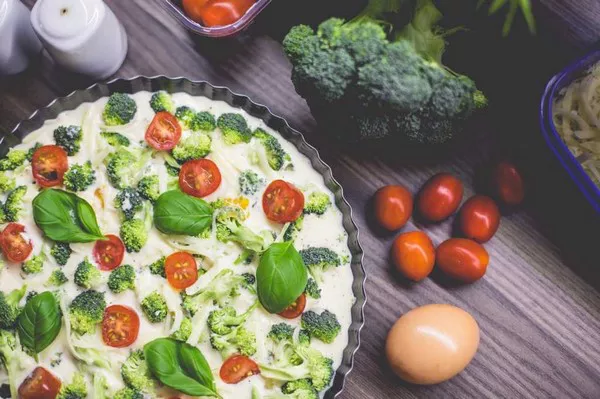In today’s fast-paced world, maintaining a healthy weight has become a significant concern for many individuals. While numerous factors contribute to weight gain, dietary choices play a crucial role. The food we consume can either support weight loss or hinder progress. In this article, we will explore the foods to avoid eating to achieve effective weight loss. By making informed decisions about our diet, we can optimize our weight loss journey and improve overall well-being.
Refined Sugar and High-Fructose Corn Syrup:
One of the primary culprits behind weight gain is the excessive consumption of refined sugar and high-fructose corn syrup. These added sugars are present in various processed foods such as soft drinks, candies, pastries, and desserts. They provide empty calories without any nutritional value, leading to rapid weight gain. Cutting down on these sugars can significantly contribute to weight loss.
Processed Foods and Trans Fats:
Processed foods often contain unhealthy trans fats, which not only contribute to weight gain but also increase the risk of heart disease and other health issues. These fats are commonly found in fast foods, fried snacks, packaged baked goods, and margarine. Opting for fresh, whole foods and cooking meals at home with healthier fats can promote weight loss.
White Flour Products:
Refined grains, such as those found in white bread, pasta, and white rice, lack essential nutrients and fiber. Consuming these foods leads to a spike in blood sugar levels, causing cravings and overeating. Choosing whole grain alternatives like whole wheat bread, brown rice, and quinoa can aid in weight loss by providing essential nutrients and fiber.
Sugary Beverages:
Sweetened beverages like sodas, fruit juices, energy drinks, and even some flavored coffees are laden with sugar and empty calories. These drinks offer little to no satiety, leading to excessive calorie intake. Opting for water, herbal tea, or unsweetened beverages can help reduce calorie consumption and support weight loss.
Alcohol:
While moderate alcohol consumption may have some health benefits, excessive intake can sabotage weight loss efforts. Alcoholic beverages are high in calories and often accompanied by unhealthy mixers. Moreover, alcohol impairs judgment and increases the likelihood of making poor food choices. Limiting alcohol consumption or opting for lower-calorie alternatives can aid in weight management.
Snack Foods and Empty Calorie Snacks:
Snack foods like chips, crackers, and cookies are typically high in unhealthy fats, refined grains, and added sugars. These empty calorie snacks provide little nutritional value while contributing to weight gain. Replacing these snacks with healthier options like fresh fruits, vegetables, nuts, or Greek yogurt can support weight loss.
High-Calorie Salad Toppings:
Salads are often considered a healthy option, but their calorie content can quickly escalate due to high-calorie toppings like creamy dressings, cheese, croutons, and sugary dried fruits. Opting for lighter dressings, using smaller portions of high-calorie toppings, and adding lean proteins can transform salads into satisfying, weight-loss-friendly meals.
Fried Foods:
Fried foods are typically high in unhealthy fats and calories due to the deep-frying process. Regular consumption of fried foods can lead to weight gain and increase the risk of various health problems. Choosing baked, grilled, or steamed options can reduce calorie intake while still enjoying delicious meals.
Artificial Sweeteners:
While artificial sweeteners may appear as a healthier alternative to sugar, research suggests they may contribute to weight gain by disrupting the body’s natural ability to regulate calorie intake. Reducing the consumption of artificial sweeteners and opting for natural alternatives like stevia or small amounts of honey can support weight loss efforts.
Highly Processed Meats:
Highly processed meats, such as sausages, hot dogs, and deli meats, often contain excessive amounts of sodium, unhealthy fats, and preservatives. These meats provide little nutritional value and can contribute to weight gain. Choosing lean, unprocessed meats or plant-based protein sources like legumes, tofu, or tempeh can be healthier options for weight loss.
Conclusion:
When it comes to losing weight, making mindful choices about what to eat is essential. Avoiding refined sugars, processed foods, unhealthy fats, and empty calorie snacks can significantly contribute to weight loss. Opting for whole foods, including lean proteins, whole grains, fruits, and vegetables, will provide essential nutrients while promoting satiety and overall well-being. By making informed decisions and adopting a balanced and sustainable approach to eating, individuals can achieve their weight loss goals and enjoy long-term success. Remember, small changes in your diet can lead to significant results on your weight loss journey.


